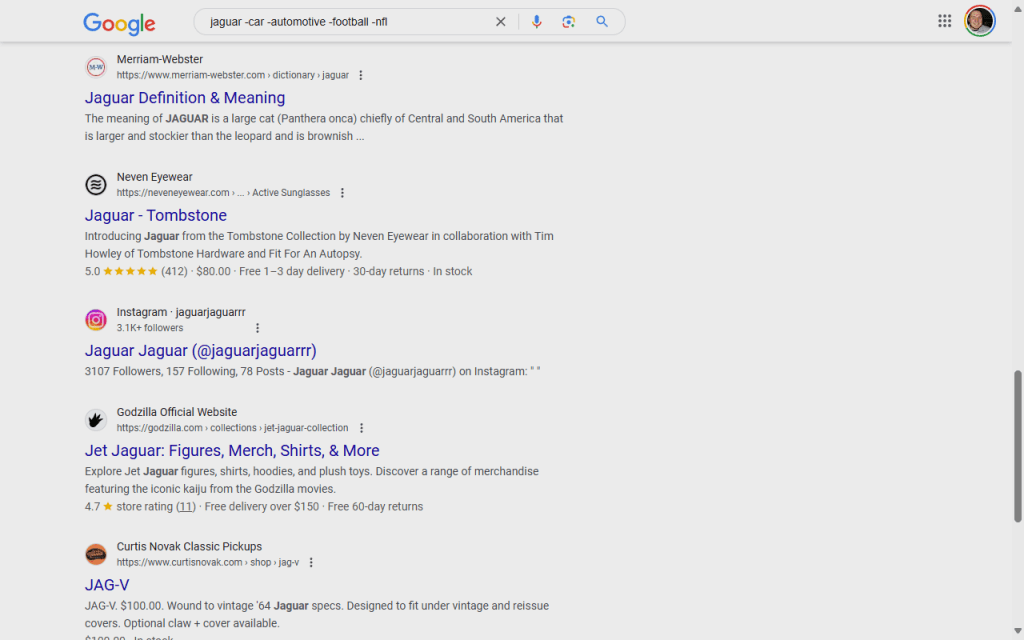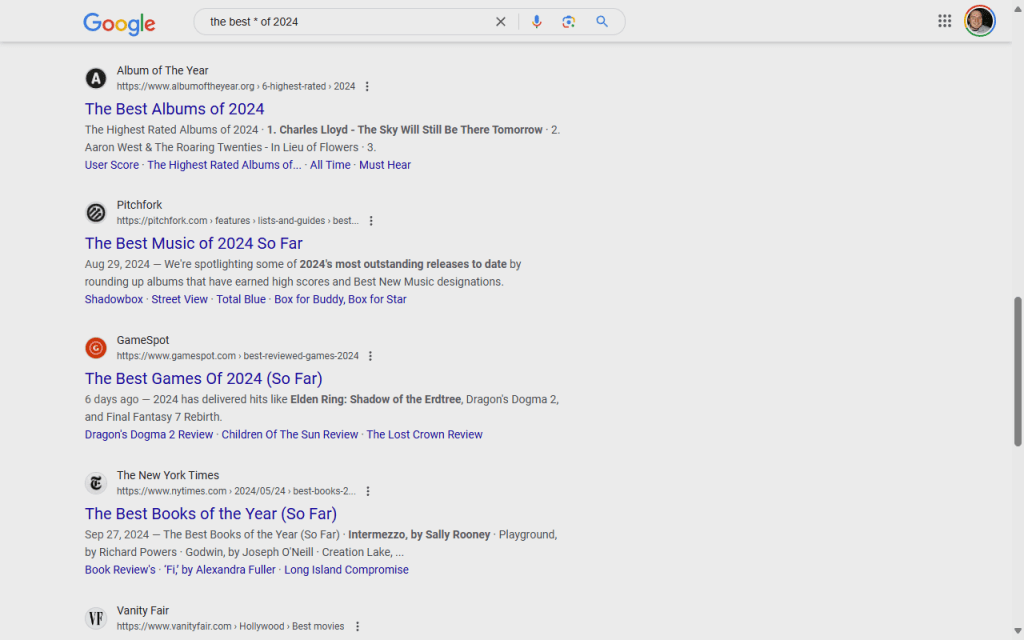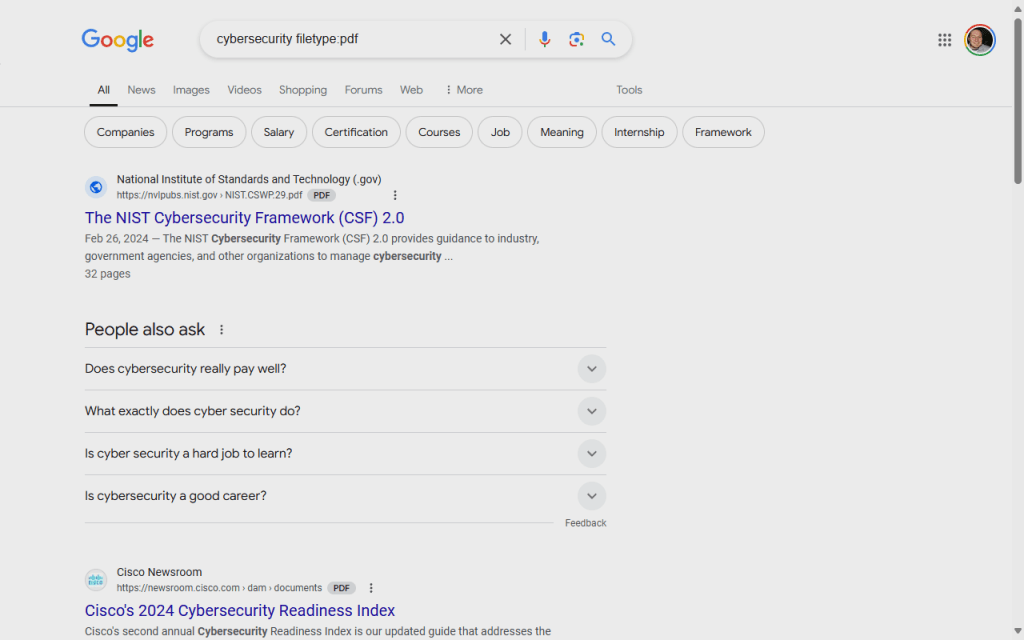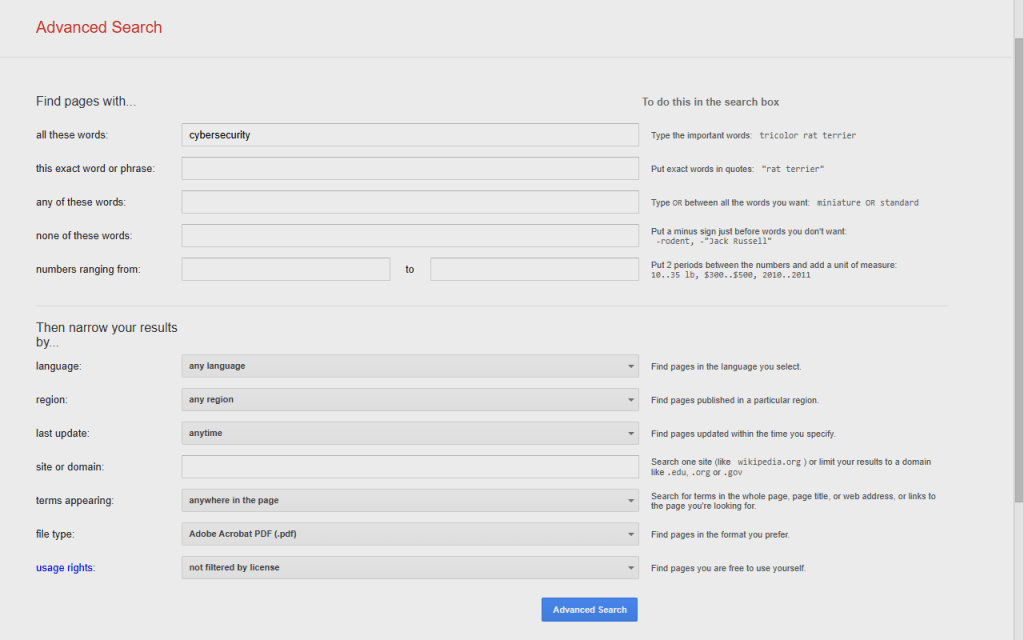Google is an incredibly powerful search engine, but many users aren’t tapping into its full potential. And with nearly limitless results on any given topic, effective searching is about being specific and using the right tools for the job.
Here are several tricks to help you refine your searches and find exactly what you’re looking for more efficiently.

Exclude words with a minus sign
To remove unwanted results from your search, use the minus sign before words you want to exclude, which is helpful when a search term has multiple contexts.
For instance, if you’re researching jaguars (the animal) but want to avoid results about the cars or football team, try searching for “jaguar -car -automotive -football -nfl”.
This will filter out pages related to Jaguar vehicles and the middling Jacksonville NFL franchise, allowing you to focus on information about the big cats.

Search within a specific site
You can limit your search to a particular website by using the “site:” operator. This is incredibly useful when you want to find information on a specific domain or when you remember reading something on a particular site but can’t locate it.
For example, to find articles about artificial intelligence here on Fast Company’s website, search for “artificial intelligence site:fastcompany.com”.

Use the asterisk as a wildcard
The asterisk (*) acts as a placeholder for unknown or variable words in a phrase.
This is helpful when you can’t remember an exact phrase, such as finding song lyrics when you only remember part of a line or for discovering variations of a common phrase.
It’s also helpful for super broad searches. For example, “the best * of 2024” will show results for the best movies, books, products, events, and more from 2024.

Search by file type
If you’re looking for a specific type of file, use the “filetype:” operator – useful when you’re searching for particular document formats for work, study, or the like.
For example, “cybersecurity filetype:pdf” will return whitepapers and reports in PDF format about cybersecurity topics.

Use Advanced Search
Google’s Advanced Search feature allows for more precise filtering of results, giving you greater control over your search parameters – like being able to narrow down results by language, region, last update, file type, and more.
To access it, click Tools > Advanced Search at the top of a search results page and select “Advanced search”. This tool is particularly useful for academic or professional research, allowing you to set specific date ranges, usage rights, and even reading levels for your search results.
Melden Sie sich an, um einen Kommentar hinzuzufügen
Andere Beiträge in dieser Gruppe

A U.S. judge has ruled that China’s Huawei Technologies

Shares of U.K.’s Bytes Technology plunged over 27% on Wednesday after the IT firm said its operating profit for the first half of fiscal 2026 would be marginally lower due to delayed custome

Donald Trump’s Big Beautiful Bill Act has passed through the Senate thanks to

To a certain brand of policy wonk, January 31, 2025, is a day that will live in infamy.
It had been nearly two weeks since President Donald Trump took office for the second time—days th

For a few days, my finger would hover over the TikTok hole on my home screen. But

How far would you travel in search of a sweet treat?
“Bakery tourism” is on the rise, with more and more people traveling—sometimes across the globe—in search of the perfect flaky croiss
